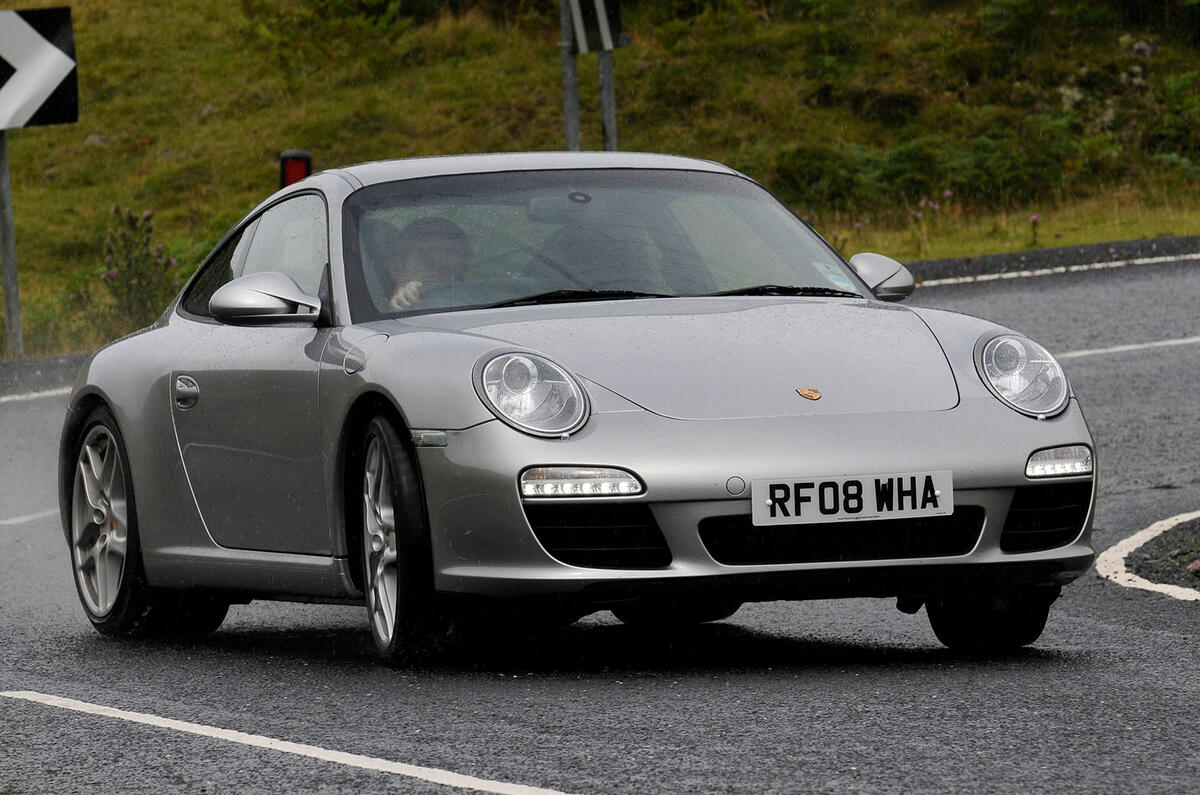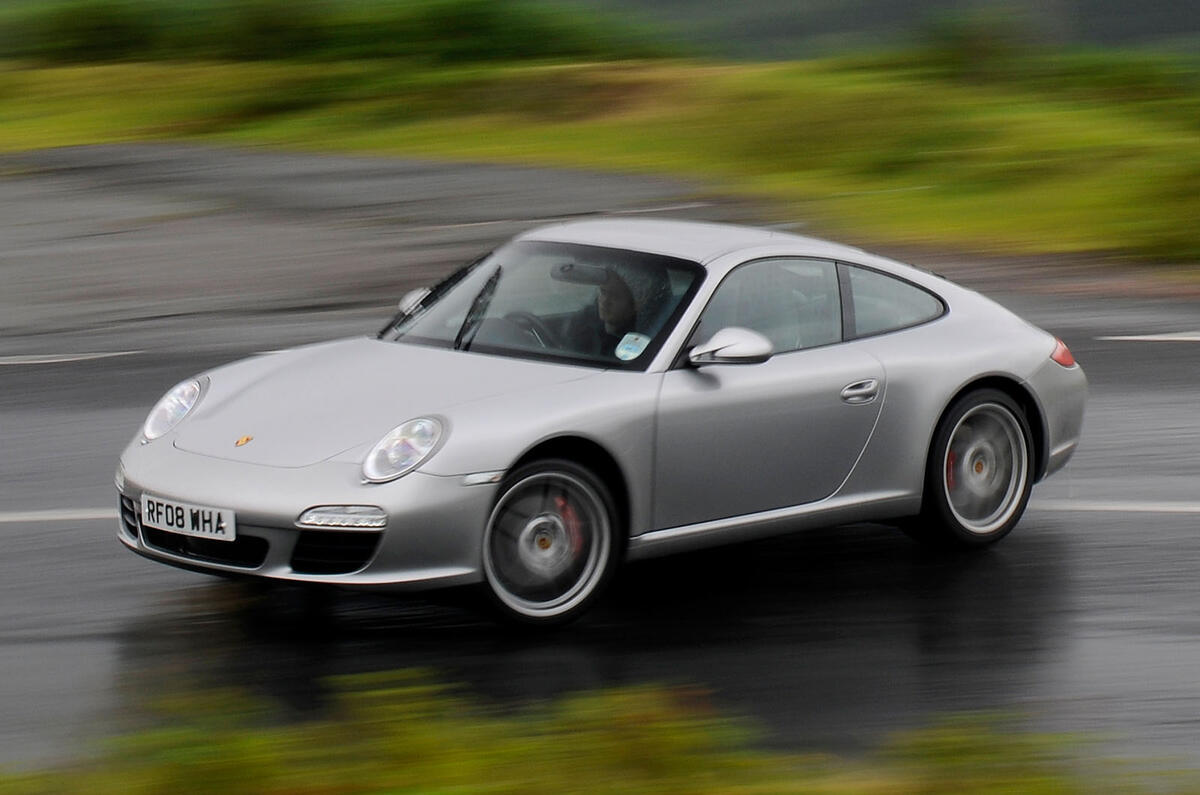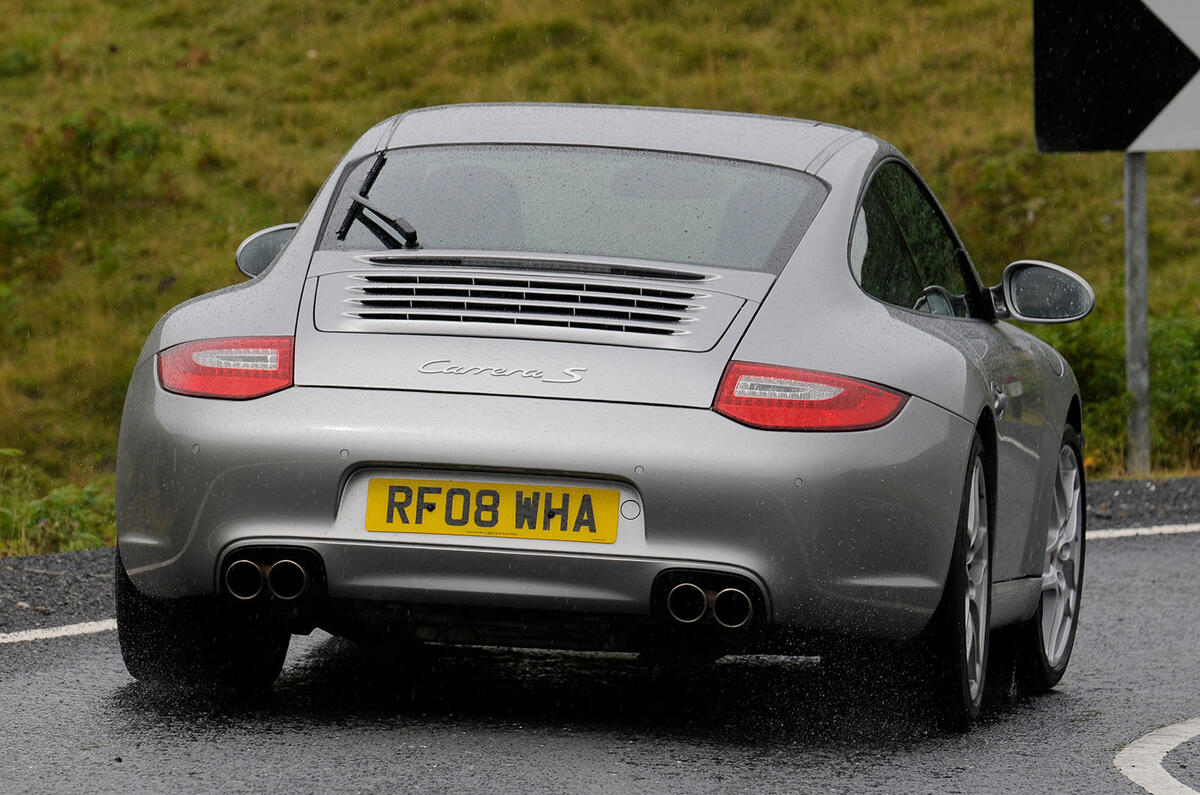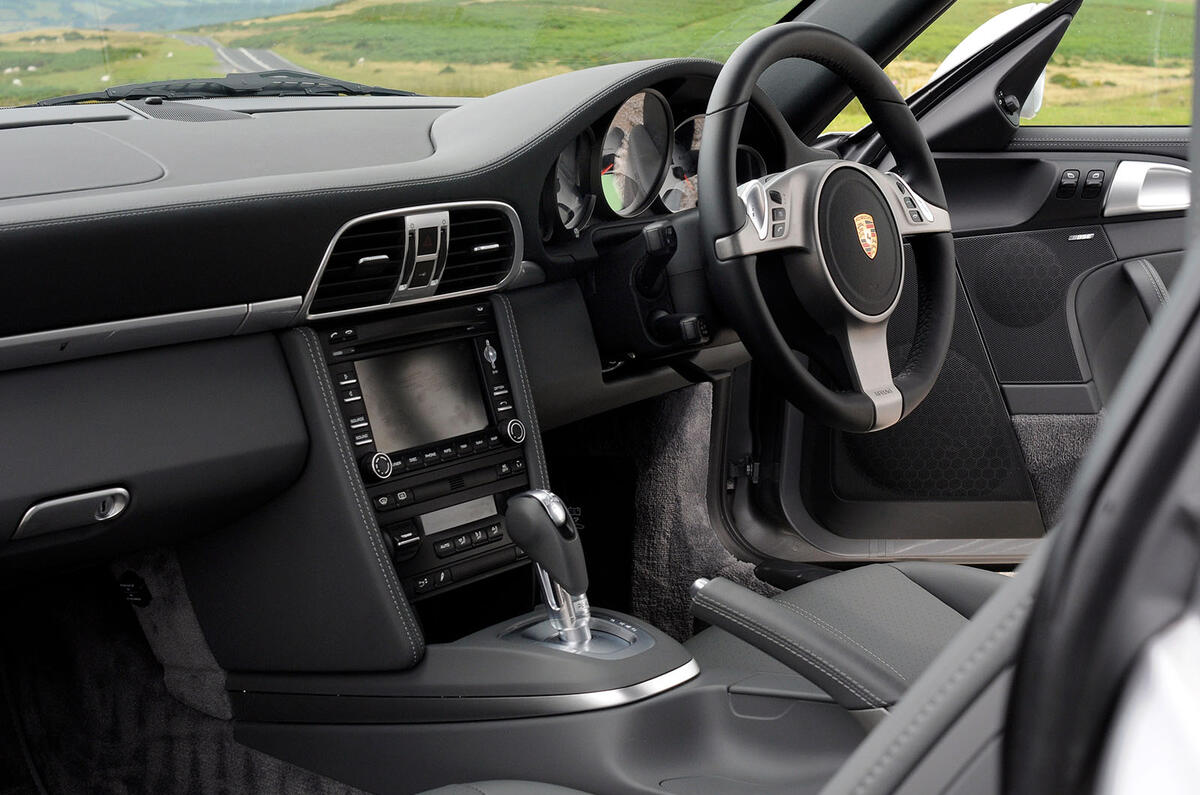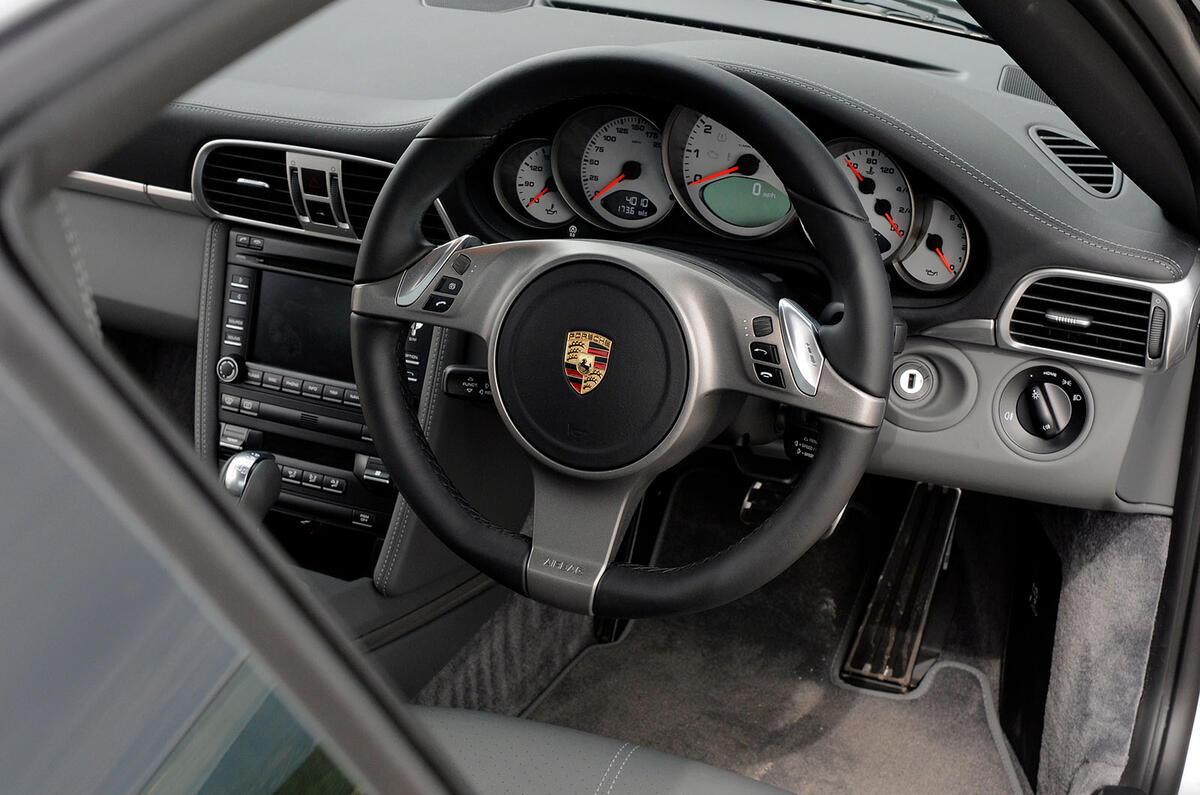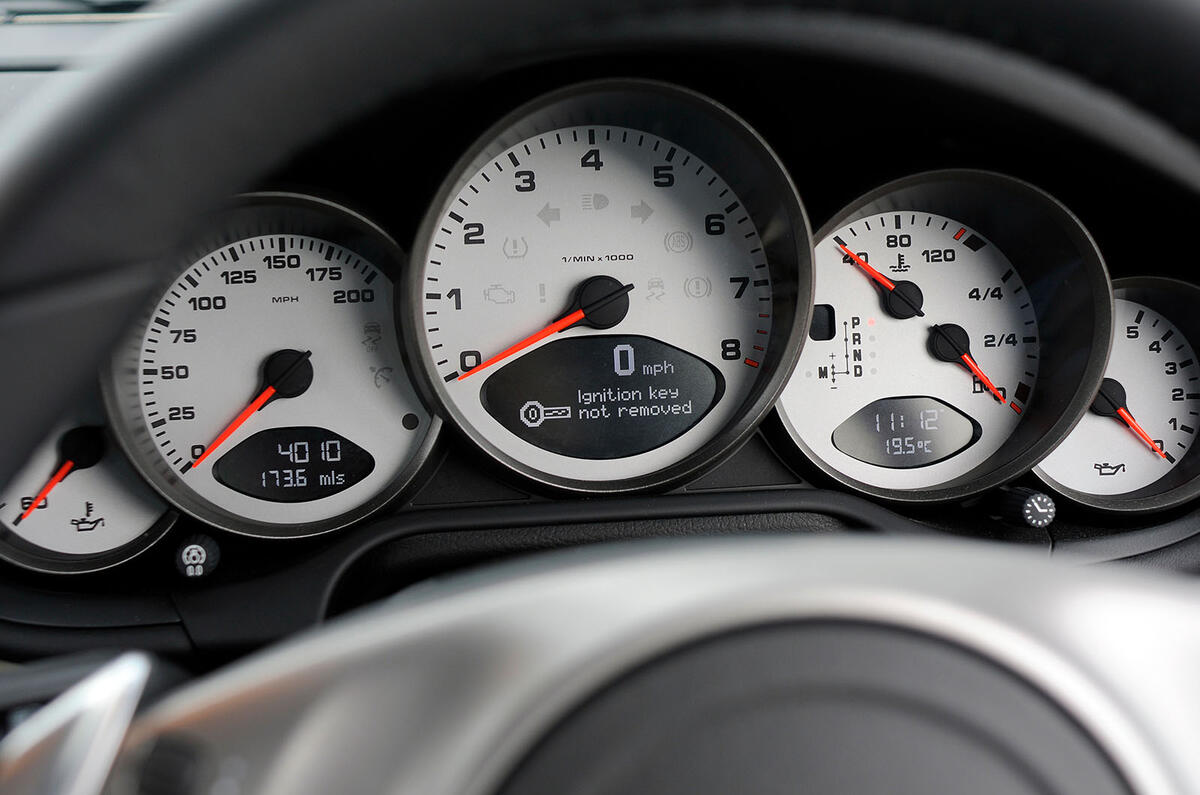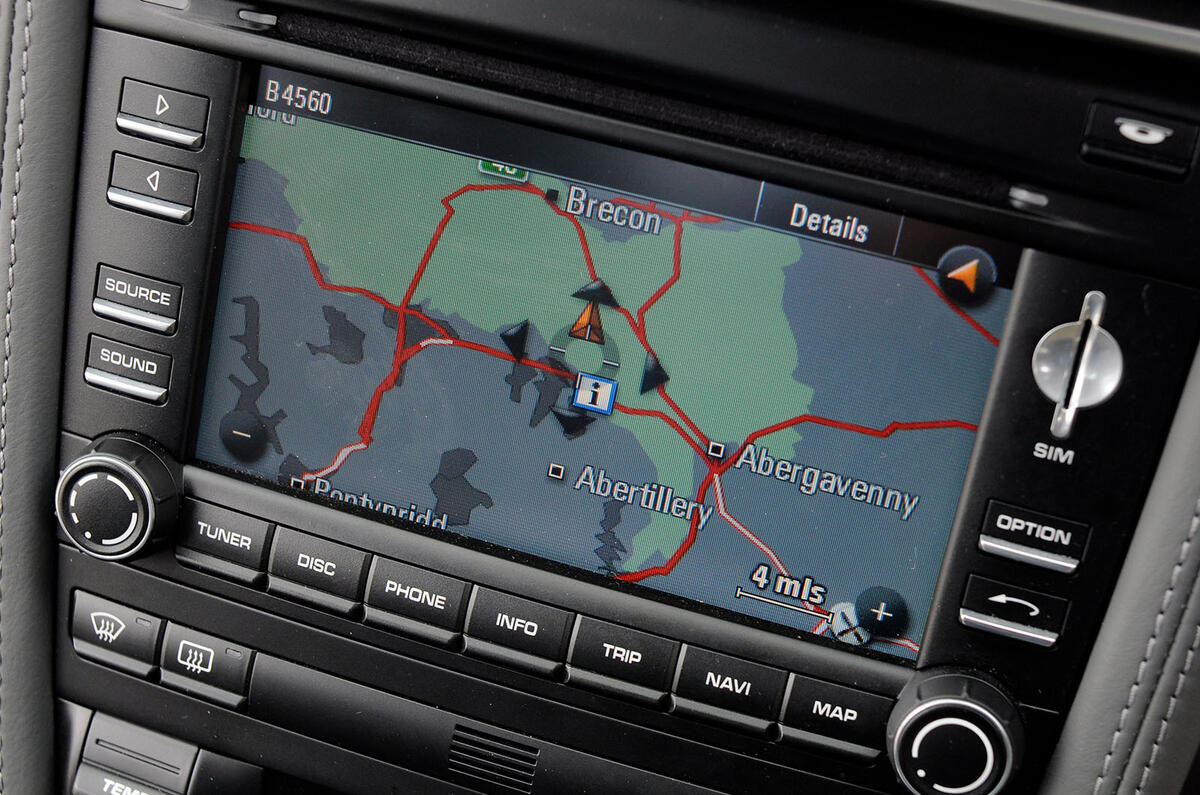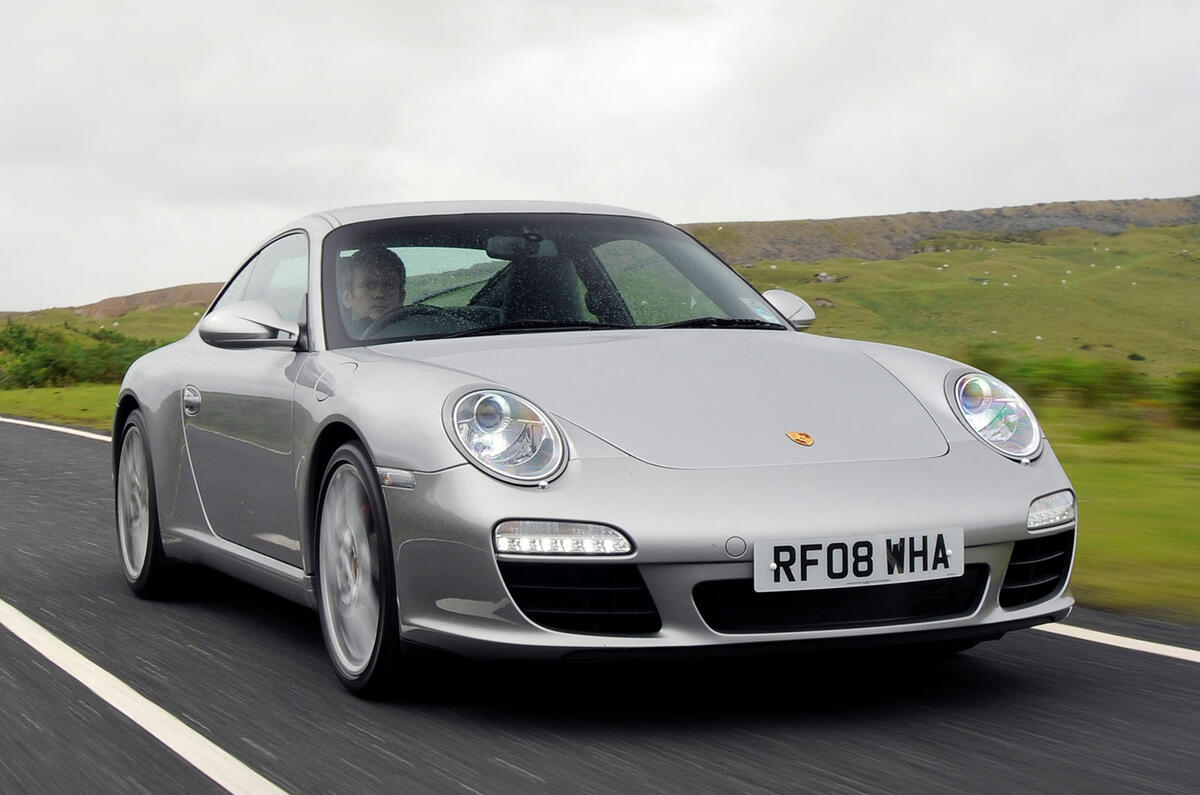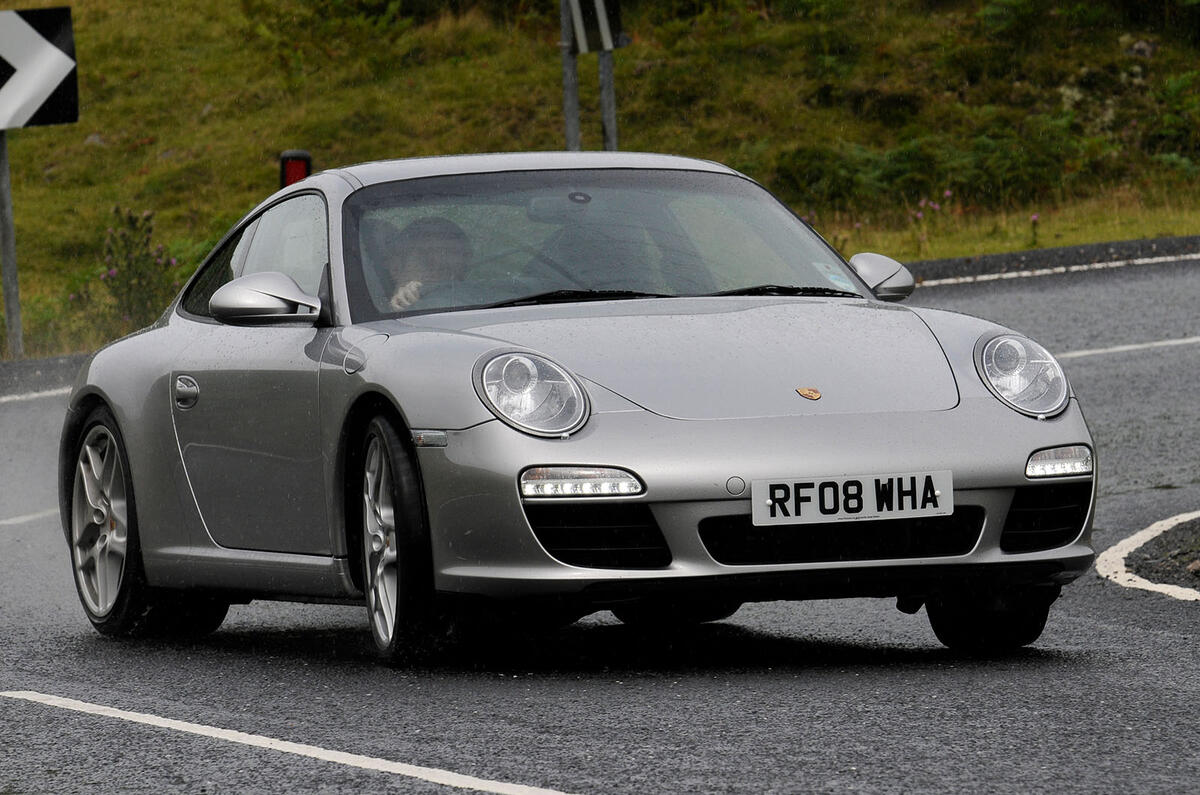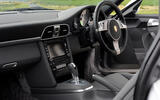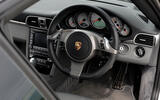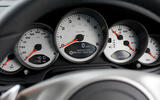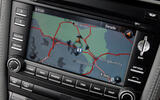Is the Porsche 911 (997) reliable?
The 997 911 is a reliable car if it has been taken care of. In the latest WhatCar? reliability survey, Porsche finished 15th out of 32 manufacturers putting it behind Audi but ahead of BMW and Jaguar. With the 997, you should be aware of the the inevitably high repair costs given the fact that it's a specialist piece of German machinery. This is why it’s so important to buy a good, well-maintained example.
Engine: Bore scoring happens when the piston ring rubs against the wall of the cylinder. It’s an often-mentioned issue with the 997, but it isn’t as wide-reaching as online scare stories would have you believe, and all Turbos and post-facelift models are granted immunity. Check for a rattling noise at idle and black exhaust tips, and if either presents, request a borescope inspection. The ECU sends information to a Porsche database recording every instance it has been redlined since it rolled out of the factory. Ask a garage to check the ECU. If over-rev codes appear, you should have the engine checked for abrasive abuse.
Cracked coil packs are one reason why taking a test drive is so important. If the car is misfiring, goes into limp-home mode, is louder than normal or is lacking some power, these are almost always the cause. Budget around £180 for replacements and £100 for labour.
The earliest 997s fell foul of intermediate shaft bearing failure; later cars received a factory-fitted solution. When the IMS bearing fails, the camshaft timing is disrupted, causing the piston and valves to collide, resulting in extensive and expensive engine damage.


